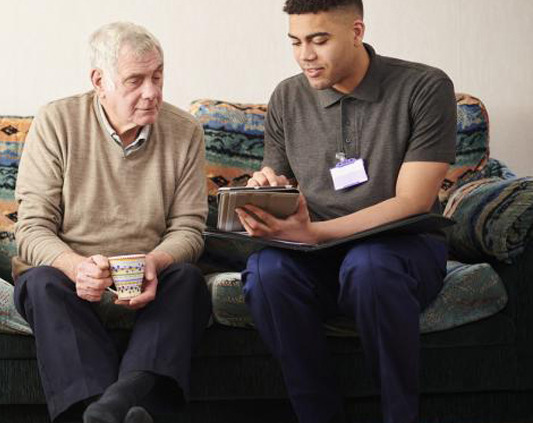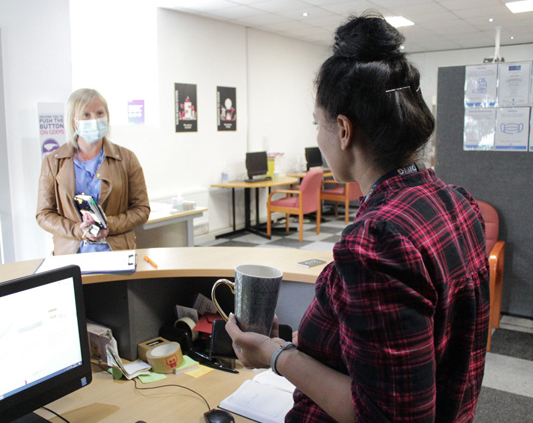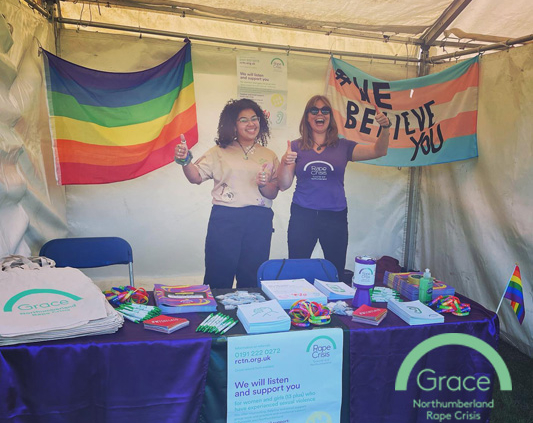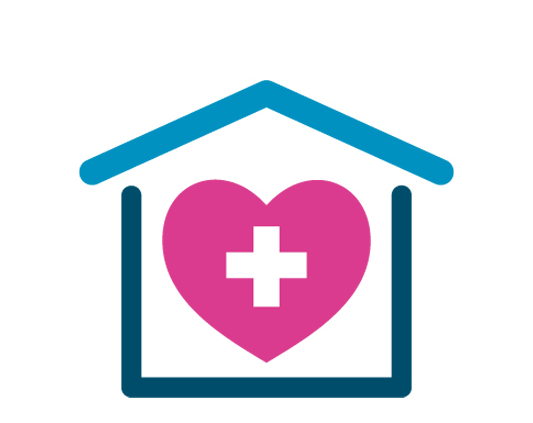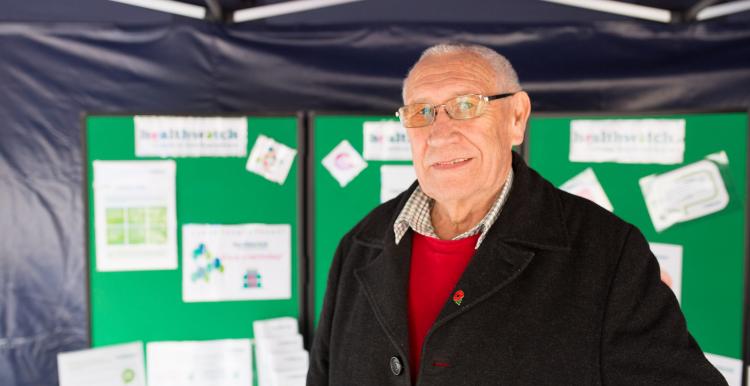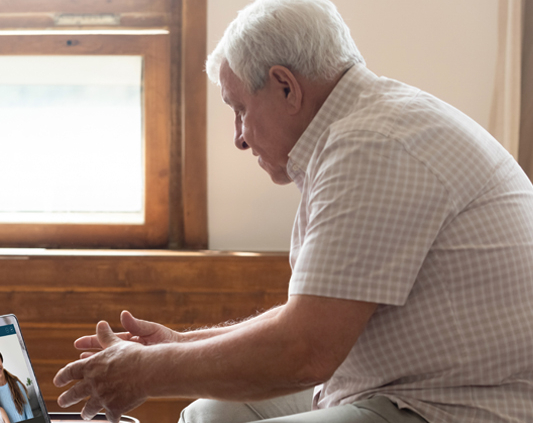Your mental wellness is as important as your physical health but seeking help can be daunting. Healthwatch England has put together a guide about what to expect when you seek support for your mental health.
Mental health matters. One in four of us can experience poor mental health each year. However, only one in eight adults with ill-mental health is getting treatment.
If you have been struggling with your mental health and are referred for support or are thinking about seeking help, here’s what you should expect from your care.
What should I expect when being referred to a mental health service?
If your GP thinks mental health services can help you, they will write to them to ask for an appointment. Your GP should discuss with you the different types of mental health support available – both within the NHS and provided within the community. You should be involved in deciding what kind of service you think would best suit your needs.
NICE guidance recommends that the mental health services should do their best to offer you an appointment within three weeks of your GP writing to them. New NHS standards set to be implemented later this year state that you should be offered an appointment within four weeks after being referred for community-based mental health services.
Your appointment letter should include information about getting there and a number to call if you have problems. It should also clearly state who you will see and what will happen during an assessment.
The letter should also ask if you need any additional support to help communicate or if you would like to bring a family member, carer or advocate with you.
Questions to ask during your assessment
After being referred to a mental health service, you’ll need to attend an assessment. You might feel nervous about this, but it’s important to think about some of the questions you can ask to make sure you get the most out of your appointment. Here are some examples:
- Why am I being offered an assessment?
- Will you tell anyone about my mental health problem?
- Who can provide my treatment and care?
- Are there any support organisations in my local area?
- Have you got any information for my family or carer?
- How can I manage my own condition?
- Who can I contact if I need help quickly between appointments (in a crisis)?
What should I expect from mental health professionals?
The first mental health professionals you might speak to at your GP surgery might be a Mental Health Practitioner, who can advise you on access to services, or your GP who can refer you to a mental health service.
When referred to a mental health service, you might speak to a qualified Psychological Wellbeing Practitioner (PWP), a qualified high-intensity therapist, another healthcare professional or your consultant (this could be a nurse, a psychiatrist or another clinician).
The health and social care professionals supporting you should be easy to identify, friendly and welcoming. They should understand that you may feel nervous and do their best to make your feel comfortable.
How should I be involved in my treatment?
Doctors, nurses and other health and social care professionals should support you to make decisions about your treatment and care.
They should encourage you to manage your condition, including recognising warning sides of your situation worsening.
Professionals should provide you with resources to support you in a format you can understand and information of where you can go to get further support. Your mental health team should explain your treatment and also work with you to develop a care plan, including:
- Activities, such as education, work, volunteering, caring for family members or leisure activities
- What you can do to keep well
- How to cope with and reduce any risks to yourself or others
- Who to contact in a crisis
If there’s a risk you may have a crisis, there should also be a crisis plan.
What should I do in a crisis?
There should be a local 24-hour helpline you can call in a crisis. Your GP or mental health team should be able to give you this number.
If the crisis team thinks you need an assessment or treatment from mental health services, you should:
- be seen within four hours and be given clear information about what’s involved
- asked whether you would prefer a male or female professional to assess you
- be asked where you’d like the assessment to take place
The crisis team should be available 24 hours a day, seven days a week, and should support you to stay at home rather than going into hospital if possible.
Can my family, carer or advocate be involved in my treatment?
Professionals should make sure you can make decisions about your treatment – this is called ‘capacity’. This can change over time if your mental health condition is severe, and your doctor might ask you if you want to make an advance statement or advance decision about your future care.
Mental health professionals should also ask you if you would like a family member, carer or trained advocate involved in your care and, if you agree, what information you’d like to share with them.
Find out more about what you should expect from mental health care in the National Institute for Health and Care Excellence guidelines.
Read the guidelines
Find mental health services and support
Have your say – let us know what you think of mental health services you or a family member have used.

